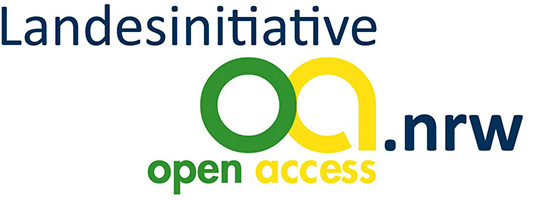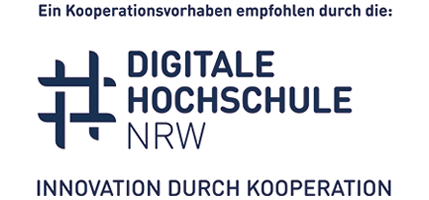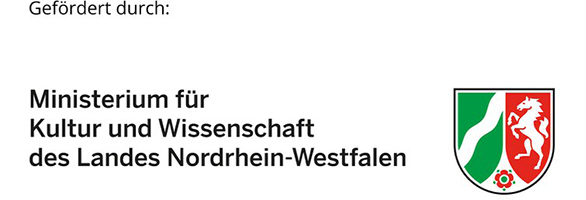The Potential of Deep Learning based Computer Vision in Warehousing Logistics
DOI:
https://doi.org/10.2195/lj_proc_rutinowski_en_202211_01Schlagworte:
Computer Vision, Deep Learning, Object Segmentation, Objekt Segmentierung, Pose Estimation, Re-Identification, Re-IdentifikationAbstract
Diese Arbeit beschreibt drei Deep-Learning-basierte Computer-Vision-Ansätze, die das Potenzial haben, den Automatisierungsgrad und die Produktivität gängiger Lagerverfahren zu erhöhen. Diese Ansätze konzentrieren sich auf: die Re-Identifizierung von logistischen Einheiten, insbesondere beim Betreten und Verlassen des Lagers; die Multiview-Positionsschätzung von logistischen Einheiten, um sie in der Fabrik zu verfolgen und zu lokalisieren; und die kategorienunabhängige Segmentierung von Artikeln in einem Behälter für das Greifen durch einen Roboter.Downloads
Veröffentlicht
02.11.2022
Zitationsvorschlag
Rutinowski, J., Youssef, H., Gouda, A., Reining, C., & Roidl, M. (2022). The Potential of Deep Learning based Computer Vision in Warehousing Logistics. Logistics Journal: Proceedings, (18). https://doi.org/10.2195/lj_proc_rutinowski_en_202211_01
Ausgabe
Rubrik
Artikel








